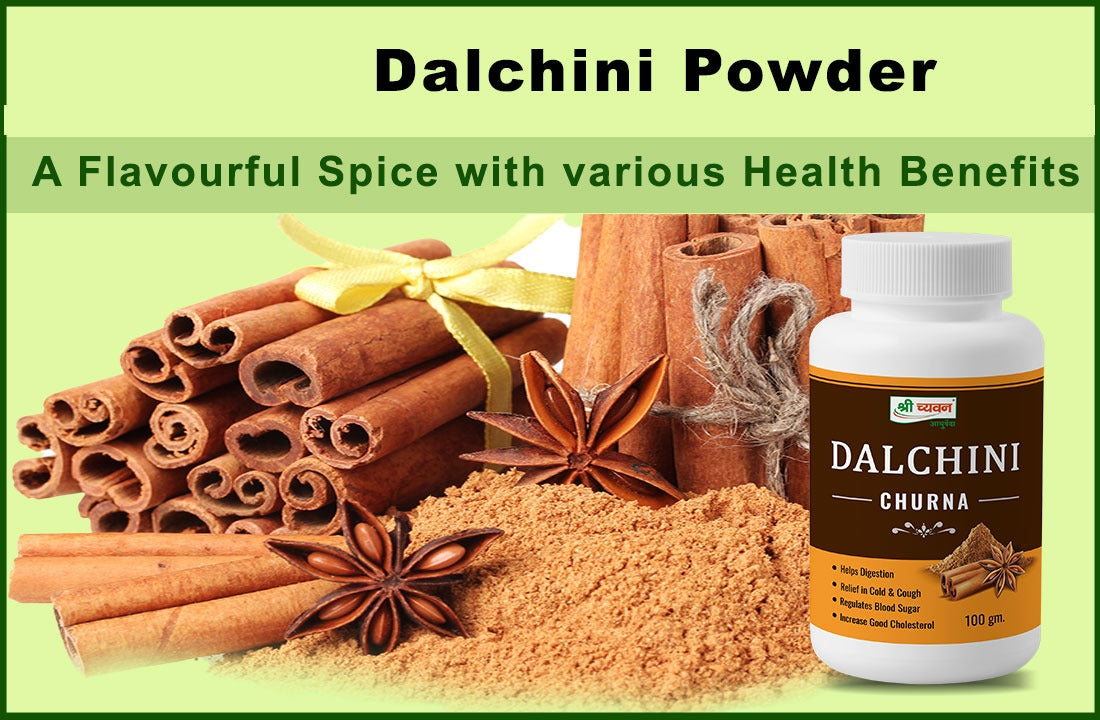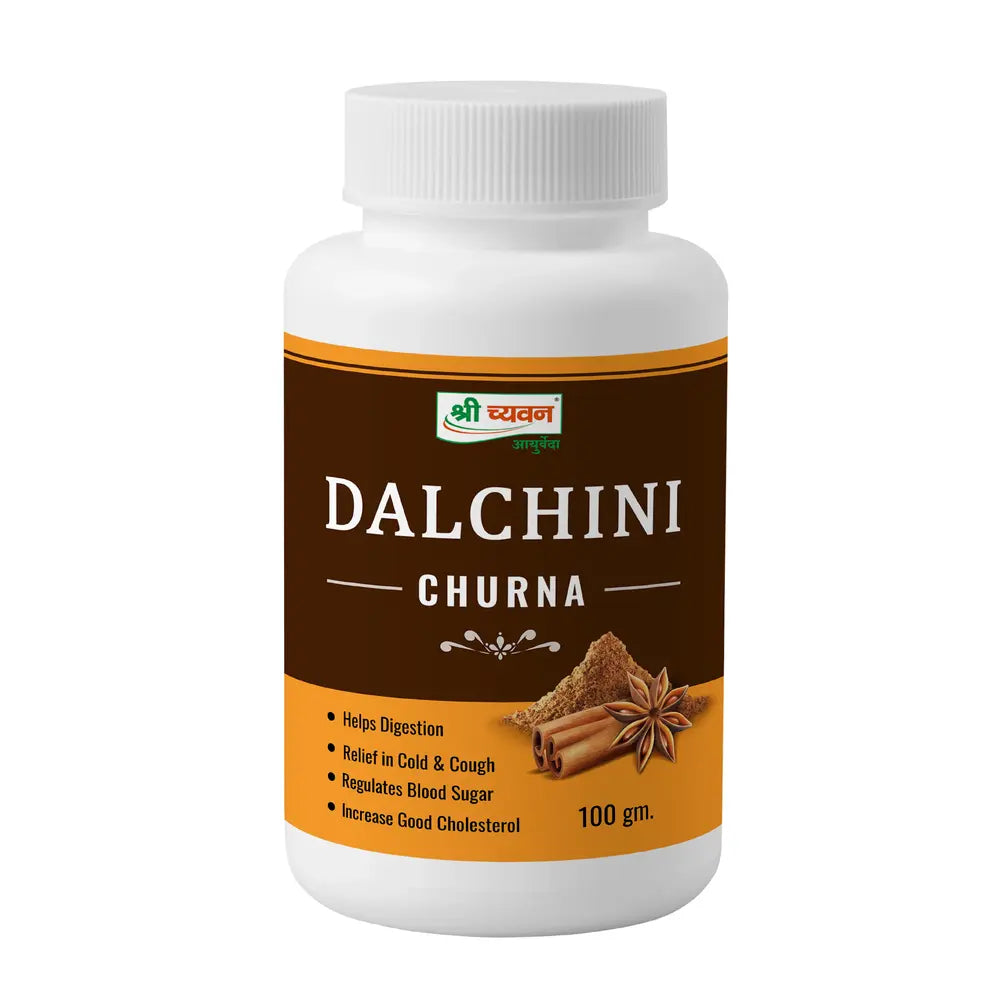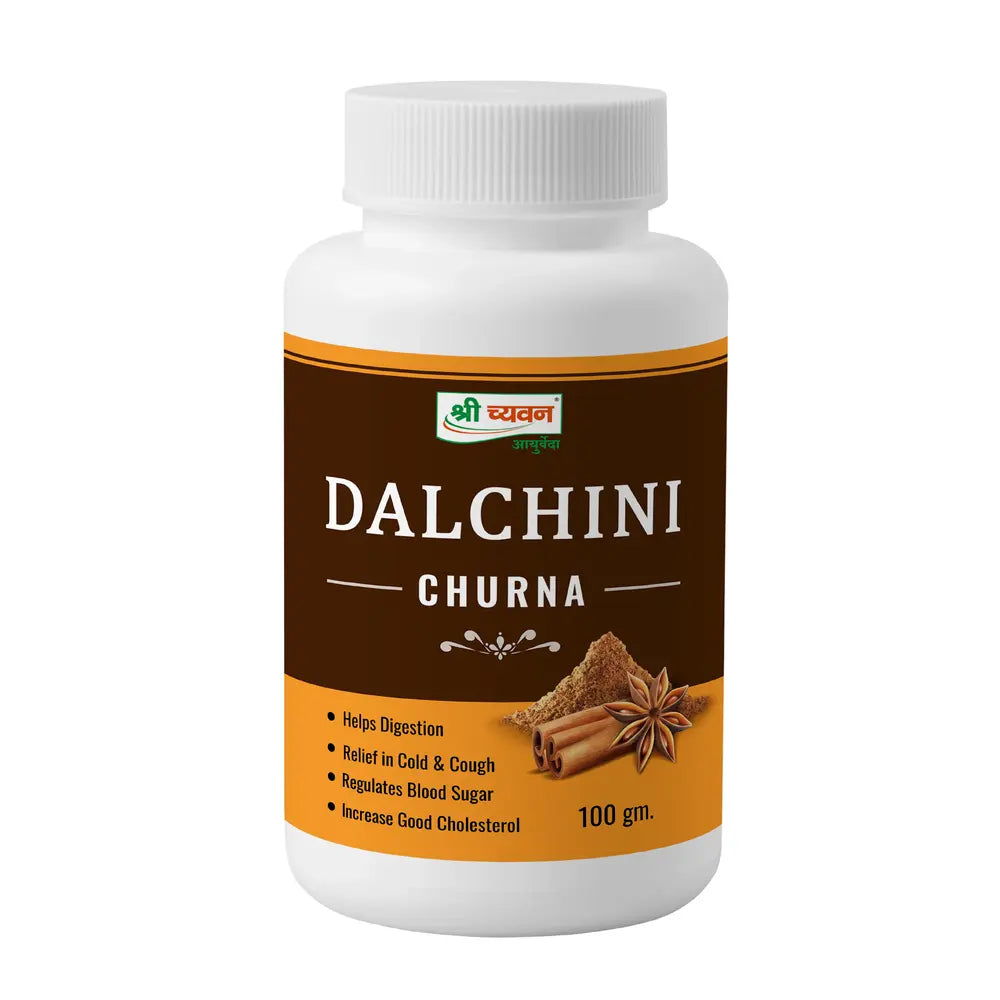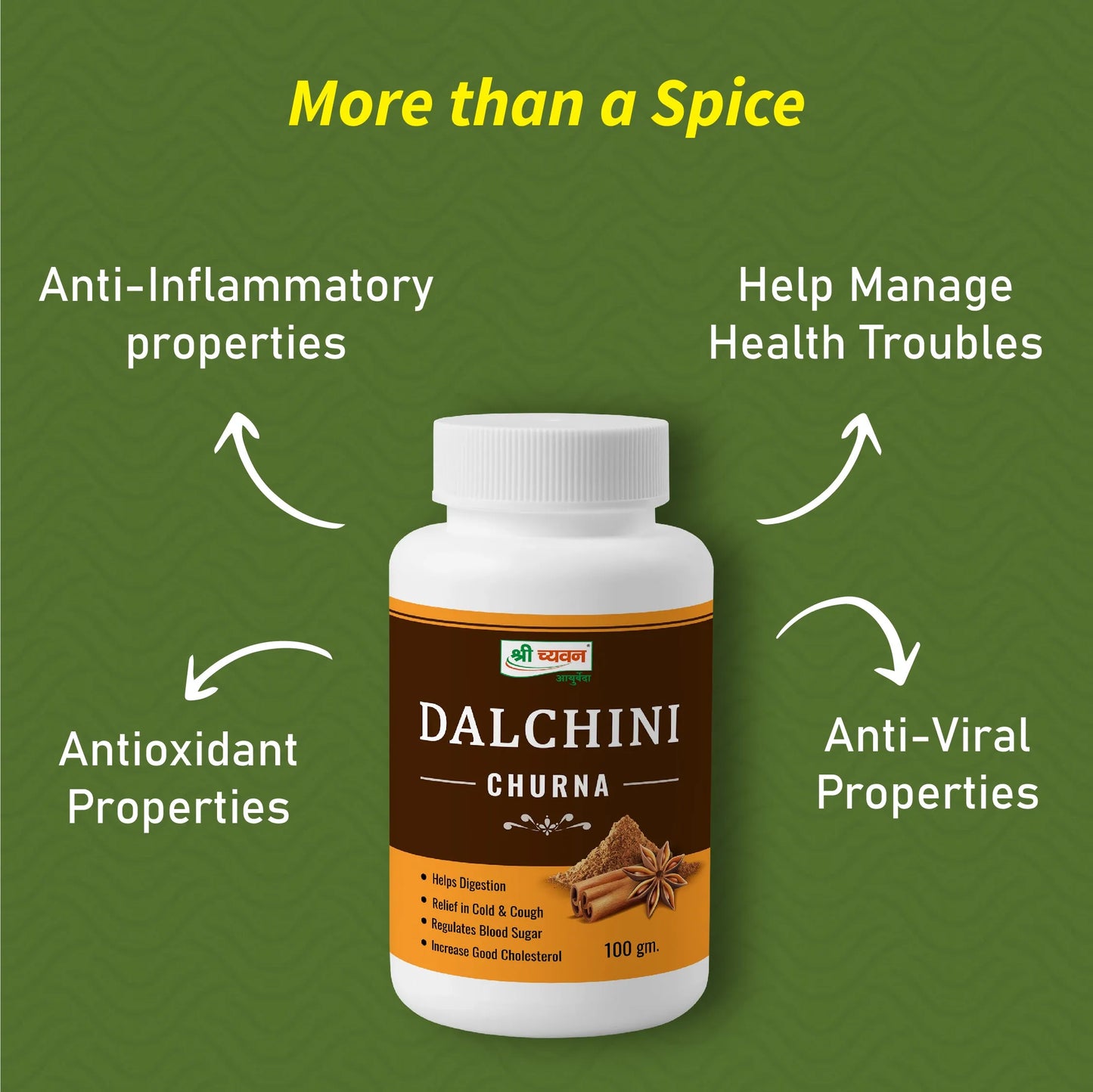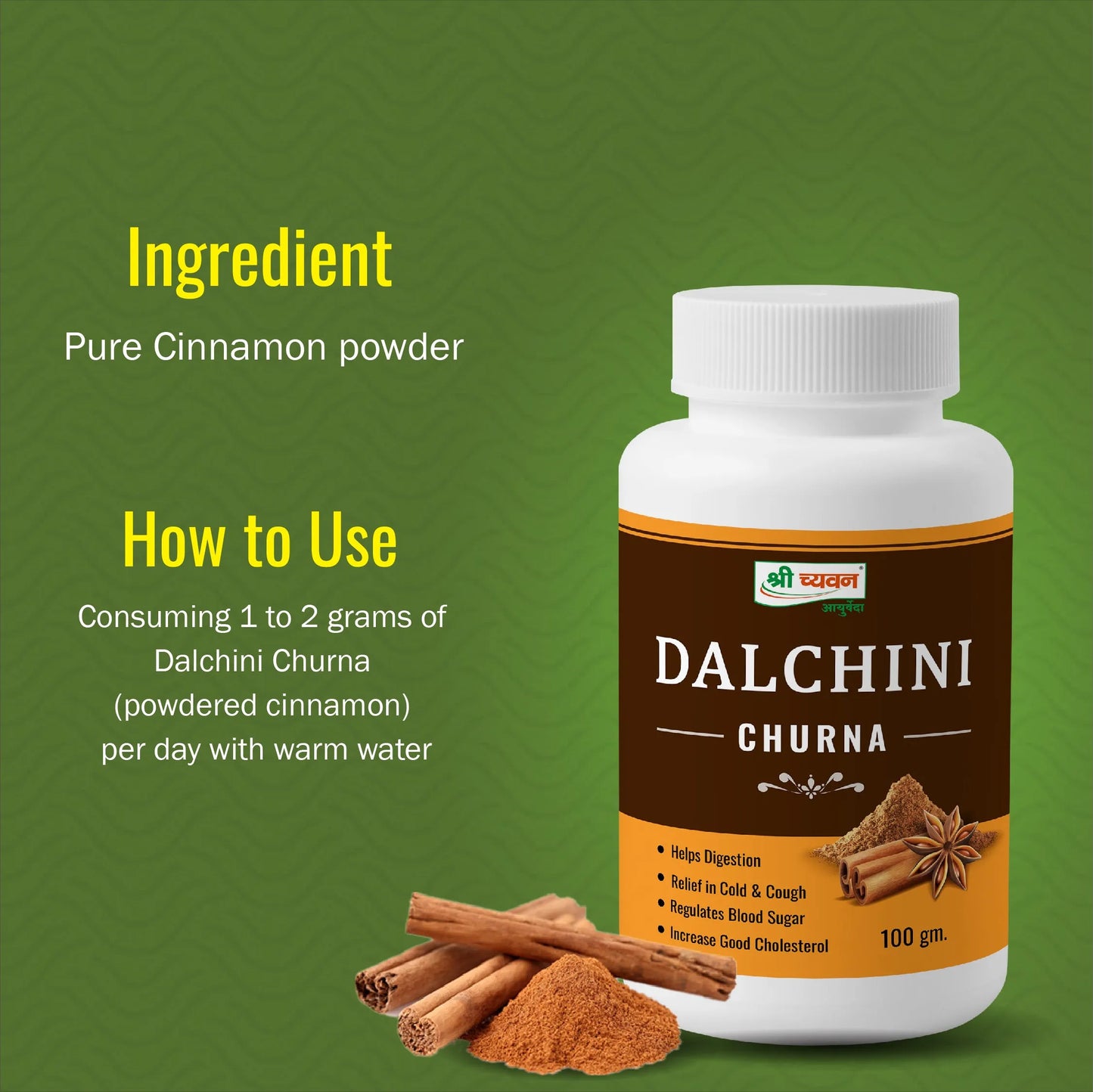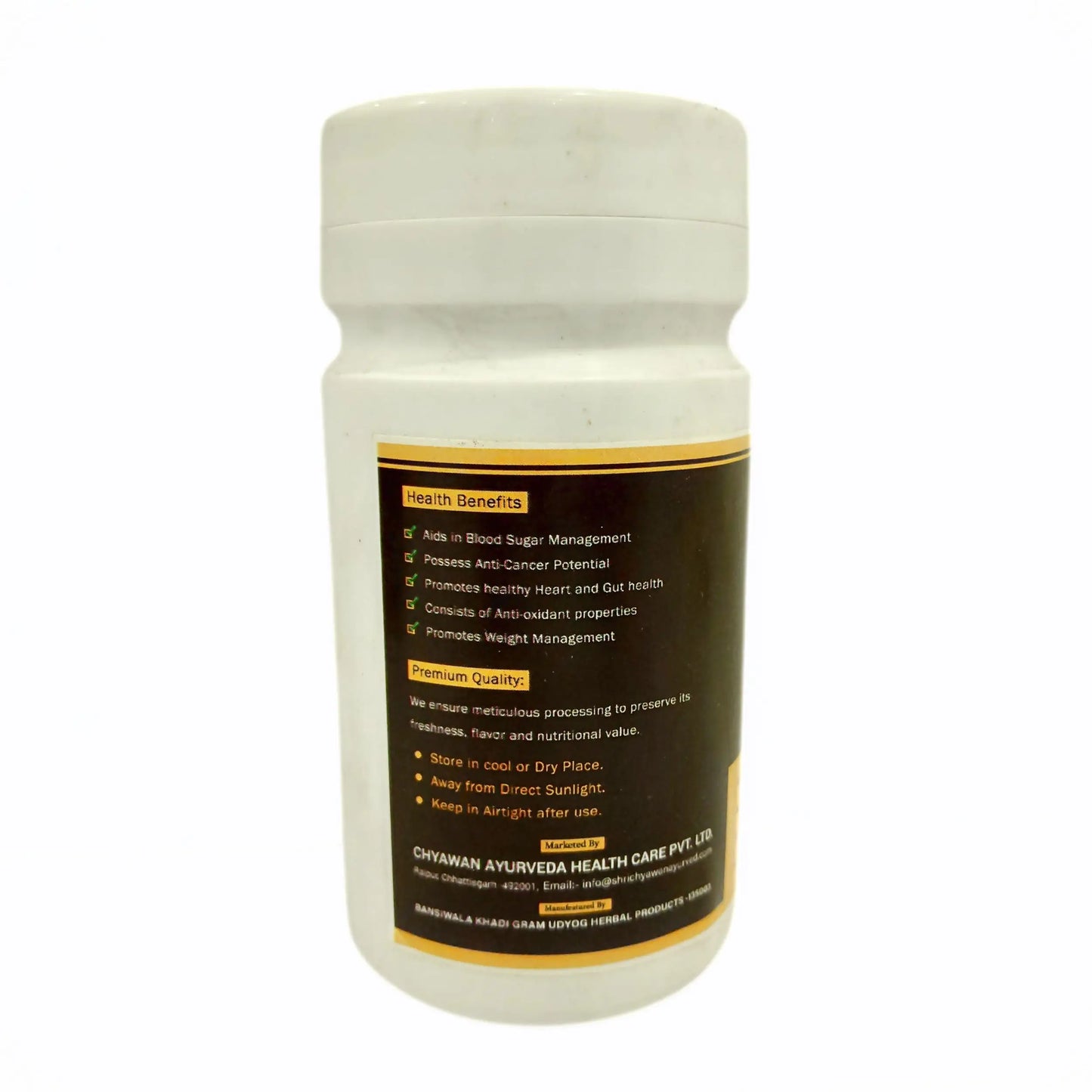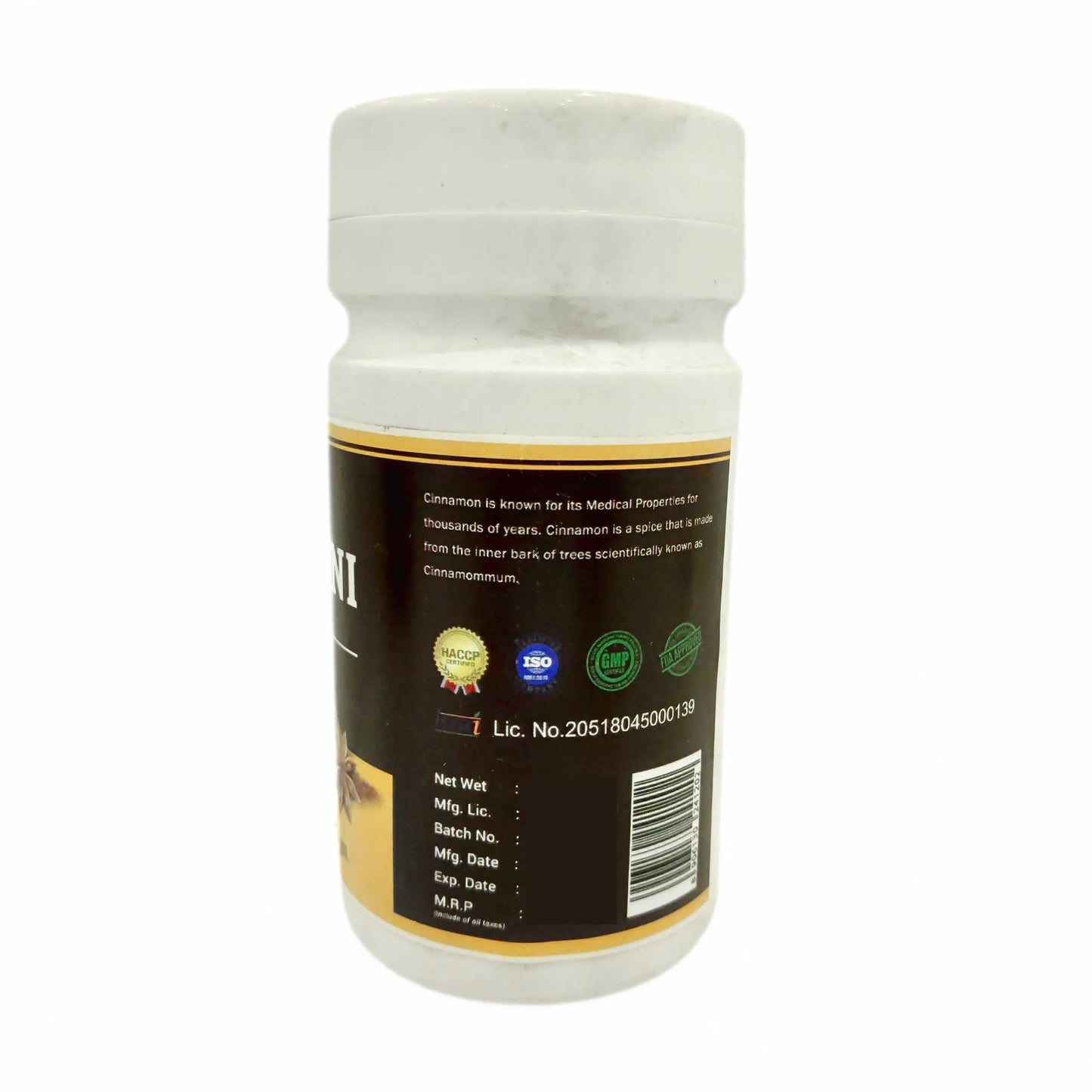In Ayurveda, the ancient system of natural healing that originated in India and Dalchini (cinnamon) holds a special place as a spice with remarkable medicinal properties. Ayurveda recognizes the significance of Dalchini in balancing the body and promoting overall well-being. Let's explore the importance of Dalchini in Ayurveda and its origin.
Origin of Dalchini in Ayurveda
Dalchini, known as "Twak" in Ayurvedic texts, has been a part of traditional Indian medicine for thousands of years. It finds its roots in the Ayurvedic system, which dates back over 5,000 years. The origins of dalchini can be traced to the Indian subcontinent, where it was initially used for its medicinal properties.
In Ayurveda, the medicinal use of dalchini primarily comes from its bark. The bark is collected from certain varieties of the Cinnamomum tree, which are native to India, Sri Lanka, and other parts of South Asia. The bark is then dried and ground into a fine powder to create the well-known dalchini powder.
The Importance of Dalchini Powder
Dalchini, or cinnamon, is derived from the bark of trees belonging to the Cinnamomum family. It has a rich history that dates back to ancient times when it was a valuable commodity, often considered more precious than gold. The importance of dalchini powder can be attributed to its dual role as a spice and a medicinal herb.
-
Culinary Significance: Dalchini powder is a common spice used in both sweet and savory dishes. It’s warm and comforting flavor enhances the taste of various recipes, from desserts like cinnamon rolls and apple pies to savory dishes like curries and stews.
- Medicinal Value: Beyond its delightful flavor, dalchini powder boasts a wealth of health benefits. It is rich in antioxidants, essential oils, and other bioactive compounds that contribute to its medicinal properties. These include cinnamaldehyde, cinnamic acid, and cinnamate, which have powerful anti-inflammatory and antioxidant effects.
Importance of Dalchini in Ayurveda
Dalchini is considered to have a range of important properties and uses in Ayurveda:
-
Balancing Doshas: Ayurveda classifies individuals into three dosha types - Vata, Pitta, and Kapha. Dalchini is believed to help balance these doshas. It is particularly effective in balancing Kapha dosha due to its warming and drying nature.
-
Digestive Aid: Dalchini is known to improve digestion by increasing Agni (the digestive fire). It helps in the proper breakdown and assimilation of food, making it a common addition to dishes to prevent indigestion.
-
Anti-Inflammatory: Ayurvedic texts mention dalchini's anti-inflammatory properties. It is used to alleviate conditions involving inflammation, such as arthritis.
-
Respiratory Health: Dalchini is used in Ayurveda to support respiratory health. It is believed to alleviate coughs and congestion, making it a common ingredient in herbal remedies for colds and flu.
-
Blood Sugar Regulation: Ayurveda recognizes dalchini as a valuable herb for managing blood sugar levels. It is used to improve insulin sensitivity, making it particularly useful for those with diabetes.
-
Heart Health: Ayurveda promotes dalchini as a heart-healthy spice. It is believed to improve blood circulation, lower cholesterol levels, and reduce the risk of heart diseases.
-
Mental Clarity: The warming and stimulating properties of dalchini are thought to enhance mental clarity and alertness. It is used to support cognitive function.
-
Oral Health: Dalchini's antimicrobial properties are harnessed in Ayurveda for maintaining oral health. It helps in fighting oral infections and promoting fresh breath.
-
Menstrual Health: Dalchini is used in Ayurveda to manage menstrual discomfort. It is believed to help regulate the menstrual cycle and reduce cramps.
- Skin Health: Ayurvedic skincare often incorporates dalchini for its antibacterial and anti-acne properties. It can be used topically or consumed to promote healthy skin.
In Ayurveda, the form in which dalchini is used varies. It can be consumed as a spice in food, made into herbal teas, or used in various Ayurvedic formulations, including Churna (powdered herbs) and Ayurvedic oils. The choice of form and usage depends on the individual's constitution, imbalances, and health goals.
Dalchini Powder Benefits
-
Blood Sugar Control: One of the most well-known benefits of dalchini powder is its ability to improve insulin sensitivity and lower blood sugar levels. It does so by reducing insulin resistance, making it particularly useful for people with diabetes.
-
Antioxidant Properties: Dalchini powder is loaded with antioxidants, which help the body combat oxidative stress and reduce the risk of chronic diseases.
-
Anti-Inflammatory Effects: Chronic inflammation is linked to various health issues. Dalchini's anti-inflammatory properties can help mitigate this, potentially lowering the risk of heart disease, cancer, and other conditions.
-
Heart Health: Studies suggest that dalchini may improve heart health by reducing bad cholesterol levels, lowering blood pressure, and supporting overall cardiovascular well-being.
-
Anti-Microbial Action: Dalchini has been used traditionally to fight infections due to its natural antimicrobial properties. It can inhibit the growth of bacteria and fungi, making it useful for preserving food and promoting oral health.
- Weight Management: The combination of dalchini's flavour and its ability to regulate blood sugar levels may aid in weight management by curbing cravings and reducing the urge to overeat.
Dalchini Powder Uses in Your Diet Routine
Now that we've established the importance and health benefits of dalchini powder, let's explore various ways to incorporate it into your daily diet routine:
-
Breakfast Ideas:
-
Cinnamon Oatmeal: Sprinkle a dash of dalchini powder on your morning bowl of oatmeal for a warm and comforting start to the day.
-
Cinnamon Smoothie: Add a pinch of dalchini powder to your fruit or yogurt smoothie for an extra layer of flavour and health benefits.
-
Baking Delights:
-
Cinnamon Rolls: Nothing beats the aroma and taste of freshly baked cinnamon rolls. Use dalchini powder liberally in your dough and filling.
-
Cinnamon Banana Bread: Enhance the flavour of your banana bread with a hint of dalchini powder.
-
Savory Dishes:
-
Curries and Stews: Dalchini powder can be used in savory dishes, such as curries and stews, to add depth and complexity to the flavour profile.
-
Rice Pilaf: Enhance your rice dishes with a pinch of dalchini powder for a delightful twist.
-
Beverages:
-
Chai or Coffee: Spice up your morning or evening beverage by stirring in some dalchini powder. It complements the warmth of tea and the richness of coffee.
-
Hot Chocolate: Add a sprinkle of dalchini powder to your hot chocolate for a unique and cozy flavor.
-
Desserts:
-
Cinnamon Sugar Toast: A classic and quick dessert/snack option. Simply sprinkle dalchini sugar on buttered toast.
-
Cinnamon Apples: Baked apples with dalchini powder and a touch of honey make a delicious and healthy dessert.
-
Trail Mix:
- Create your own custom trail mix with nuts, dried fruits, and a dusting of dalchini powder for a sweet and spiced twist.
-
Salads:
- Add a pinch of dalchini powder to your salad dressings for a unique and unexpected flavor.
-
Spice Blends:
- Prepare your own spice blends, incorporating dalchini powder with other spices like nutmeg, cloves, and cardamom for a homemade garam masala or pumpkin spice mix.
-
Infused Water:
- Infuse your water with dalchini sticks or a sprinkle of powder for a refreshing and subtly flavoured drink.
In conclusion, dalchini powder is more than just a spice; it's a treasure trove of health benefits and a flavour enhancer in various culinary creations. By including this versatile spice in your daily diet routine, you can savor its taste while reaping the many health rewards it offers. So, go ahead and embrace dalchini powder as a valuable addition to your kitchen, unlocking both culinary delights and wellness benefits.

